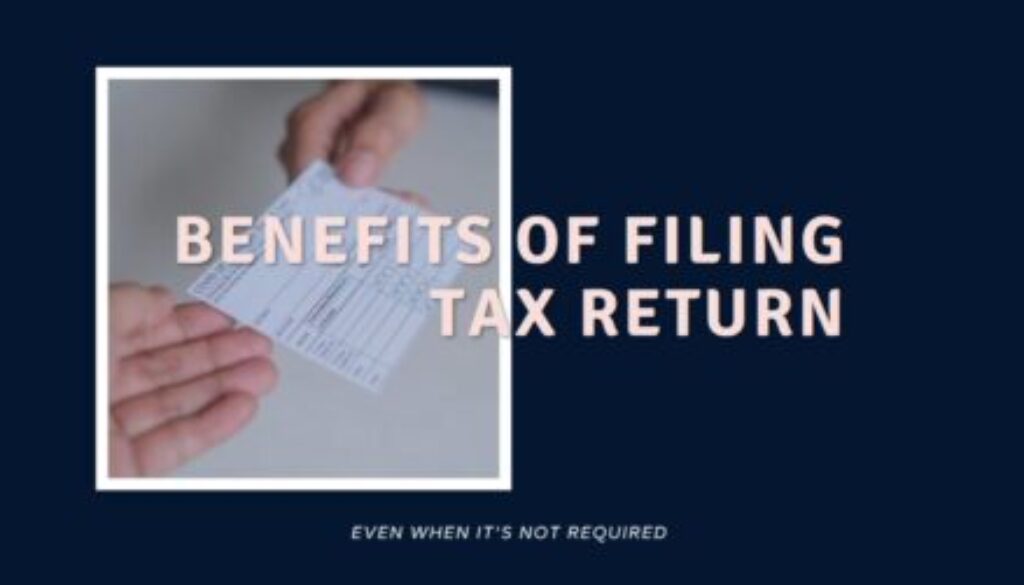Do I Need to Submit a Tax Return? Understanding Your Obligations and the Benefits of Filing Even When It’s Not Required
Do I Need to Submit a Tax Return? Understanding Your Obligations and the Benefits of Filing Even When It’s Not Required
Are you wondering whether you need to file your taxes this year? Filing taxes can be a daunting task, but it’s essential to ensure that you’re not missing out on any potential refunds or credits. In this article, we’ll explore the reasons why you may want to file your taxes, even if you’re not required to do so.
Do I Need to Submit a Tax Return? Overview
The Internal Revenue Service (IRS) requires most U.S. citizens or permanent residents who work in the U.S. to file a tax return. Generally, you need to file if:
- Your gross income is over the filing requirement.
- You have over $400 in net earnings from self-employment (side jobs or other independent work).
- You had other situations that require you to file.
However, even if you make less than the income required to file, consider filing anyway. You may get money back if you qualify for a refundable tax credit or if your paycheck had federal income tax withheld.
4 Reasons to File Your Taxes
- You may qualify for a refundable tax credit. If you qualify for a refundable tax credit, you may be eligible for a refund even if you don’t owe any taxes. Some examples of refundable tax credits include the Earned Income Tax Credit (EITC) and the Child Tax Credit (CTC).
- You may be eligible for a stimulus payment. If you didn’t receive the full amount of the stimulus payments you were entitled to, you may be able to claim the Recovery Rebate Credit on your tax return.
- You may be able to claim deductions or credits. If you have expenses related to education, home ownership, or charitable donations, you may be able to claim deductions or credits on your tax return.
- You can avoid penalties and interest. If you don’t file your tax return on time, you may be subject to penalties and interest. Filing your tax return on time can help you avoid these additional costs.
Need help filing your taxes?
Click here to Book an online appointment
Conclusion
Filing your taxes can be a hassle, but it’s essential to ensure that you’re not missing out on any potential refunds or credits. In this blog post, we’ve explored the reasons why you may want to file your taxes, even if you’re not required to do so. Remember to file your tax return on time to avoid penalties and interest.
FAQs
- What is the deadline for filing my tax return? The deadline for filing your tax return is April 15th of each year. If April 15th falls on a weekend or holiday, the deadline is extended to the next business day.
- What happens if I don’t file my tax return on time? If you don’t file your tax return on time, you may be subject to penalties and interest. The penalty for failing to file your tax return on time is usually 5% of the unpaid taxes for each month or part of a month that your return is late.
- What is a refundable tax credit? A refundable tax credit is a credit that you can receive as a refund even if you don’t owe any taxes. Some examples of refundable tax credits include the Earned Income Tax Credit (EITC) and the Child Tax Credit (CTC).
- What is the Recovery Rebate Credit? The Recovery Rebate Credit is a credit that you can claim on your tax return if you didn’t receive the full amount of the stimulus payments you were entitled to.
- What is the difference between a deduction and a credit? A deduction reduces the amount of income that is subject to tax, while a credit reduces the amount of tax you owe directly.
For more information on filing your taxes, check out the IRS website.
My Business Web Space may earn an Affiliate Commission if you purchase something through recommended links in this article.
